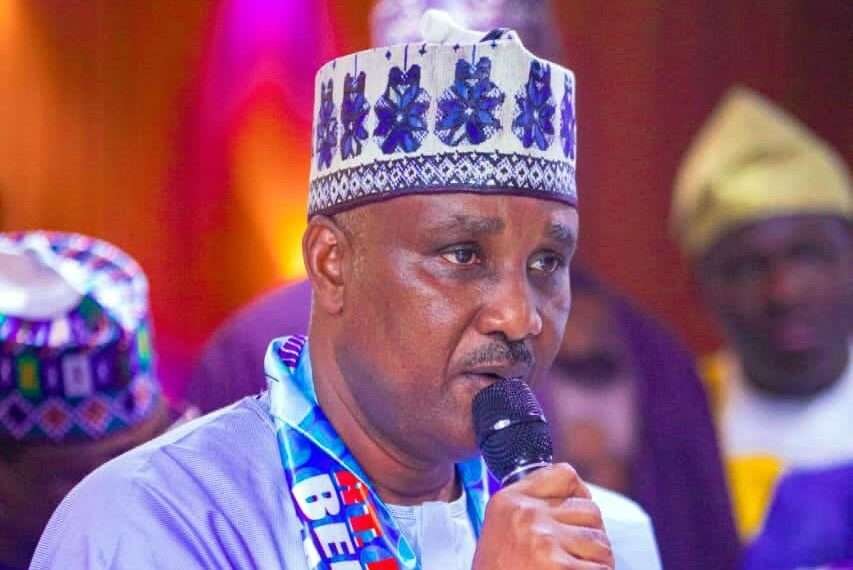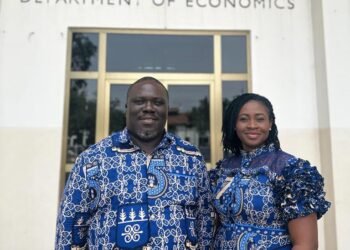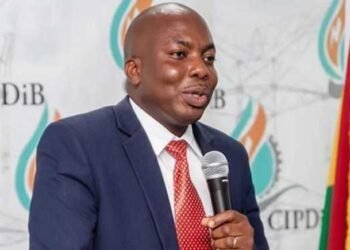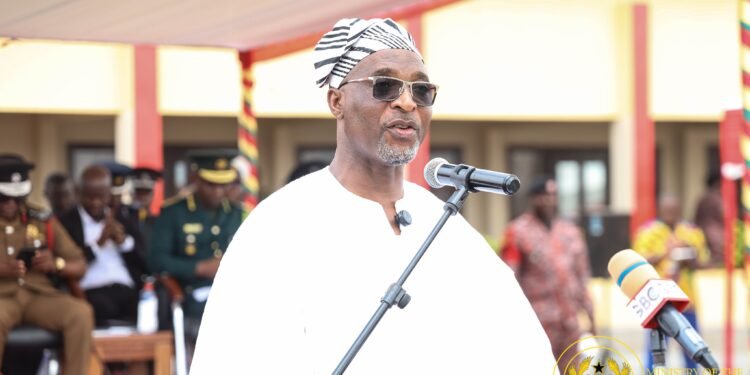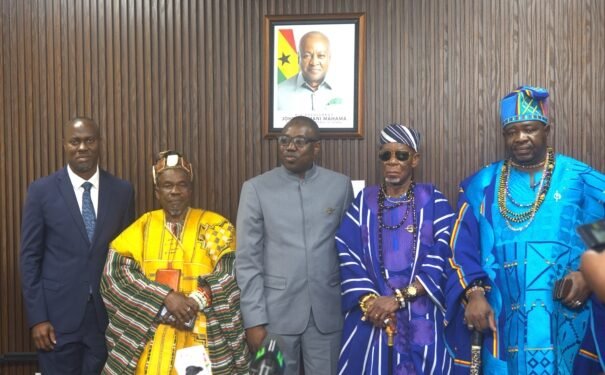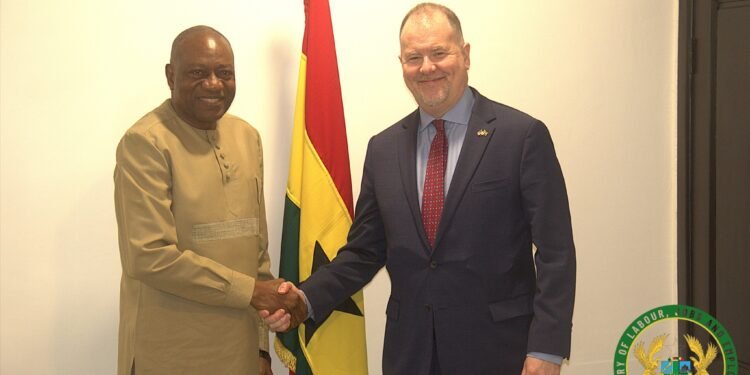In a compelling call to action, Speaker of the Nigeria’s House of Representatives, Mr. Tajudeen Abbas, has warned that Nigeria’s dependence on crude oil will exacerbate inequality, poverty, and unemployment.
Speaking at the 14th convocation lecture of Al-Hikmah University in Ilorin, Abbas emphasized the urgent need for Nigeria to chart a new economic course by diversifying its revenue base and harnessing its abundant natural and human resources.
Speaker Abbas highlighted the dwindling revenues from oil, global transitions towards renewable energy, and rising unemployment as critical challenges that necessitate a shift from oil dependence.
“Achieving this transformation will secure Nigeria’s economic future and address poverty, inequality, and unemployment — critical barriers to sustainable development.”
Speaker of the Nigeria’s House of Representatives, Mr. Tajudeen Abbas
Speaker Abbas drew parallels with countries like Saudi Arabia, Malaysia, and the United Arab Emirates, which have successfully diversified their economies through deliberate policy reforms, strategic investments, and human capital development.
He lauded Malaysia’s focus on manufacturing and industrialization, complemented by sustained investments in education and technology, as well as Singapore’s use of strategic policies and its talent pool to become a global hub for finance and innovation. “These nations have demonstrated that economic transformation is achievable through deliberate diversification strategies,” Speaker Abbas remarked.

Unlocking Nigeria’s Potential
The Speaker outlined key sectors Nigeria must target for economic growth, including agriculture, solid minerals, technology, renewable energy, and creative industries.
According to him, targeted policies, institutional reforms, and public-private partnerships are essential to unlocking these sectors’ potential. “With dwindling oil revenues, global shifts toward renewable energy, and the increasing need for job creation, it is imperative that we chart a new course for economic transformation,” he said.
Addressing the youth, Speaker Abbas urged them to explore opportunities in entrepreneurship, agriculture, digital technology, and creative industries to reshape Nigeria’s economic trajectory.
He described them as the backbone of Nigeria’s workforce and vital drivers of innovation and growth, saying “As the backbone of Nigeria’s workforce, youths, including all of you in this hall, must seize opportunities in entrepreneurship, agriculture, digital technology, and creative industries to redefine Nigeria’s economic narrative”.
Nigeria, Africa’s largest oil producer and the 12th largest globally, continues to face challenges in meeting domestic energy demands alongside its export commitments. Chronic crude oil theft has emerged as a significant barrier, with the country losing billions of naira daily.
Speaker Abbas underscored that renewable energy could complement oil and gas in meeting the country’s energy needs while contributing to a more diversified economic base.
The Speaker called for collective responsibility in driving economic transformation, with the government taking the lead through visionary policies and strategic investments.
He also stressed the critical roles of the legislature, academia, and the private sector in fostering innovation and entrepreneurship. “Nigeria’s economic transformation demands collective responsibility,” Speaker Abbas asserted.
READ ALSO: 31st Dec. Revolution Commemoration, Zanetor Rawlings Urges Leadership with Integrity

